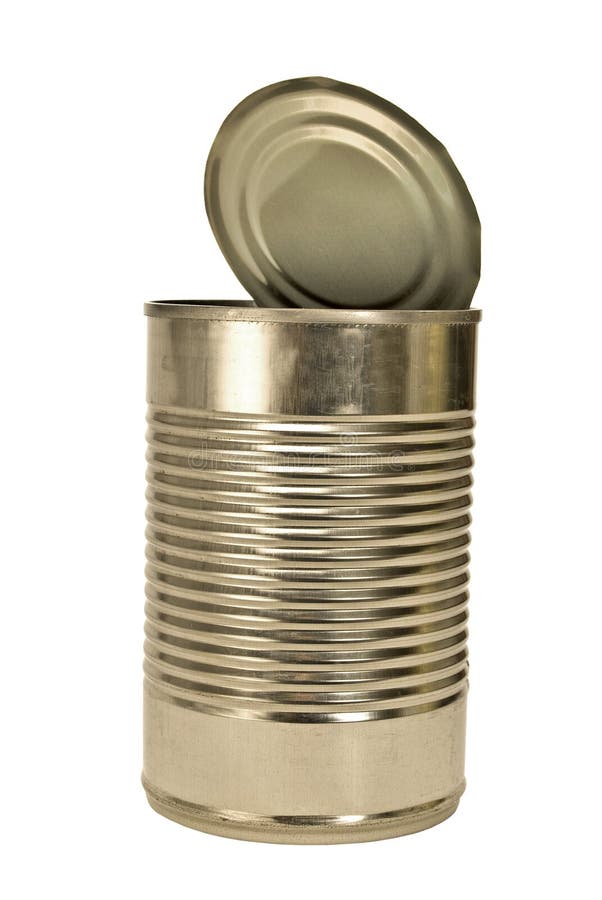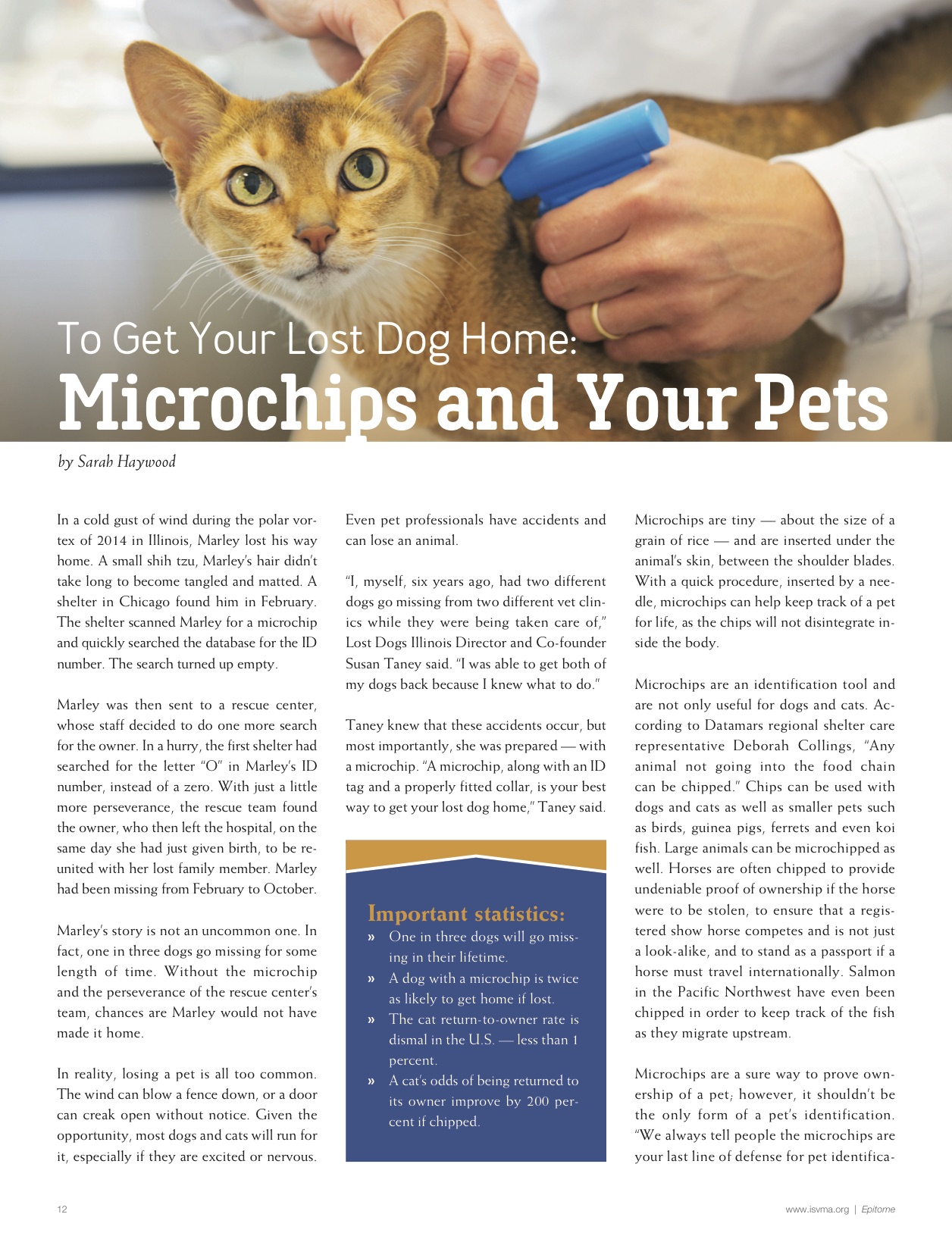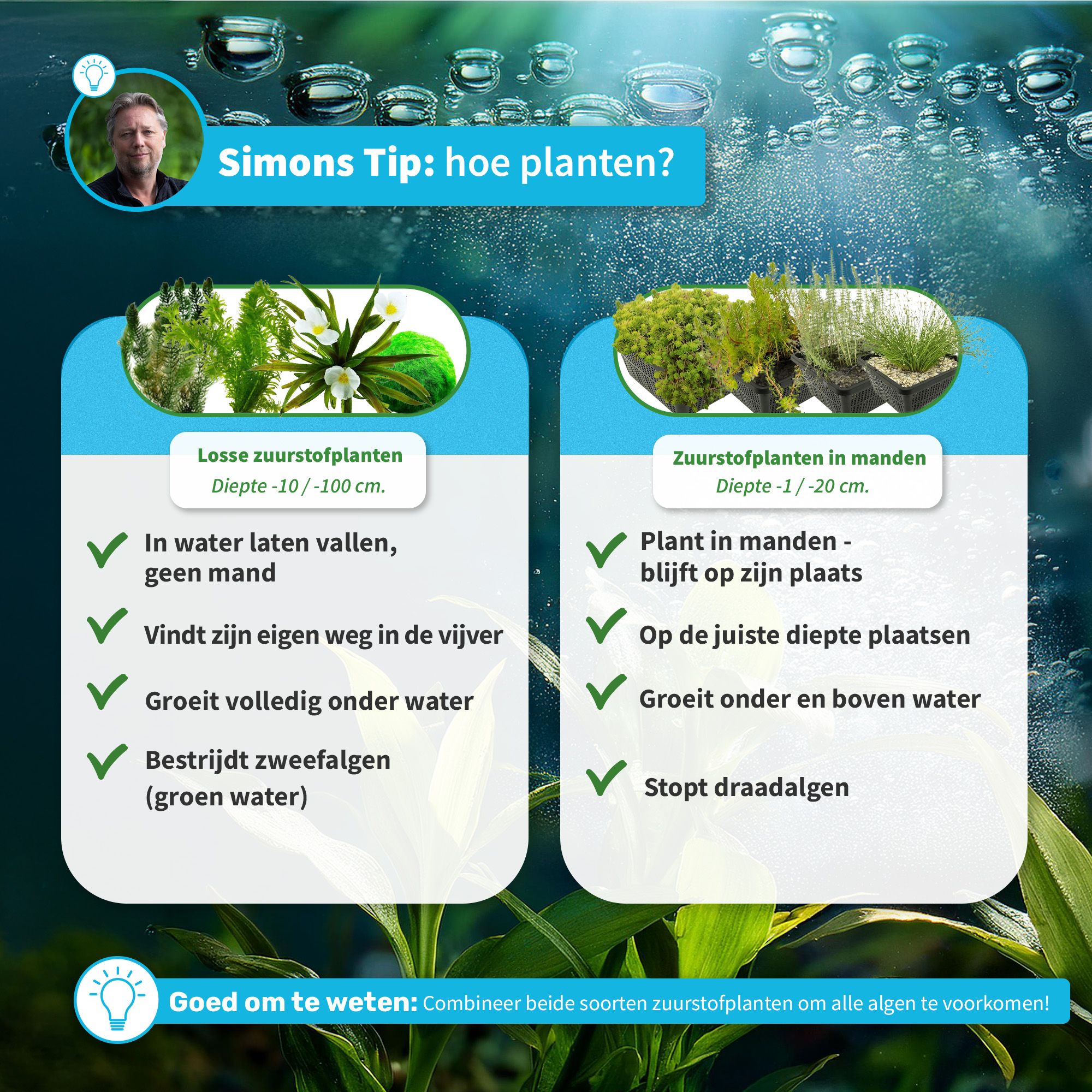Starting Your Own Business: Car Detailing and Oil Industry Opportunities
Start your own business: car detailing and oil industry opportunities
Entrepreneurship offer countless paths to success, with car detail and the oil industry represent two distinct yet potentially lucrative business opportunities. Whether you’re drawn to the satisfaction of transform dirty vehicles into gleam masterpieces or intrigue by the global impact of the oil sector, both industries offer viable entry points for ambitious entrepreneurs.
Essential equipment for start a car detail business
A car will detail business will require specific equipment to will deliver professional results that customers will merrily pay premium prices for. The right tools not merely improve efficiency but besides ensure quality service that build a strong reputation.
Cleaning and washing equipment
The foundation of any detail business begin with basic cleaning tools:
- Pressure washer A commercial grade pressure washer (1,500 3,000 psi )expeditiously remove dirt and grime without damage paint.
- Foam cannon Attaches to your pressure washer to apply thick, clean foam that clings to vehicle surfaces.
- Wash mitts and microfiber towels High quality microfiber materials prevent scratch while efficaciously clean surfaces.
- Buckets with grit guards A two or three bucket system with grit guards prevent dirt from being reapplied to the vehicle during washing.
- Hose with adjustable nozzle For rinsing and areas where pressure washing isn’t appropriate.
Vacuums and interior cleaning equipment
Interior detail require specialized equipment to reach tight spaces and extract dirt efficaciously:
- Wet / dry shop vacuum A powerful vacuum with various attachments for different surfaces and crevices.
- Hot water extractor / carpet cleaner For deep cleaning upholstery and carpets.
- Steam cleaner Ideal for sanitize surfaces and remove stubborn stains without chemicals.
- Interior brushes Various sizes and stiffness for different surfaces (dashboard, vents, upholstery )
- Tornado or air compressor tools For blast dirt from hard to reach areas.
Polishing and paint correction tools
These tools help restore and enhance a vehicle’s exterior finish:
- Dual action polisher Safer for beginners than rotary buffers while noneffervescent effective for paint correction.
- Rotary buffer For more experienced detailers tackle serious paint correction.
- Polish pads Various densities for cutting, polishing, and finish.
- Headlight restoration kit For rejuvenate cloudy headlights.
Detail products and chemicals
Quality products differentiate professional results from amateur efforts:
- Car wash soaps Ph neutral formulations that clean without strip wax.
- Clay bars and lubricants For remove embed contaminants from paint surfaces.
- Compounds, polishes, and waxes Various grades for different levels of paint correction and protection.
- Glass cleaners Ammonia free formulations specifically for automotive glass.
- Tire and wheel cleaners Acid free for aluminum wheels and rubber safe for tires.
- Interior cleaners and protectants For various surfaces include leather, vinyl, plastic, and fabric.
- Odor eliminators To neutralize instead than mask unpleasant smells.
Business operations equipment
Beyond cleaning tools, you will need equipment to run your business expeditiously:
- Mobile payment system Card readers that connect to smartphones or tablets.
- Scheduling software To manage appointments and customer information.
- Portable canopy For mobile detailing in various weather conditions.
- Portable lighting To ensure quality work irrespective of lighting conditions.
- Water tank system For mobile operations where water access is limited.
- Generator To power equipment when electrical outlets aren’t available.
Safety equipment
Protect yourself is essential when work with chemicals and equipment:
- Chemical resistant gloves To protect hands from harsh chemicals.
- Safety glasses For protection when use pressure washers or chemicals.
- Respirator masks When work with aerosols or in unwell ventilate areas.
- First aid kit For minor injuries that may occur.
Initial investment considerations
The startup cost for a car detail business can vary importantly base on your approach:
- Basic mobile setup $$2000 $5,000
- Mid-range mobile operation $$5000 $15,000
- Full service fixed location $$15000 $50,000 +
Many successful detailers start with essential equipment and gradually upgrade as revenue increases. Consider lease expensive equipment initially or purchase quality use items to reduce startup costs.
How to enter the oil business
The oil industry encompass numerous sectors include exploration, production, refining, transportation, and retail. Each segment offer different entry points with vary capital requirements and expertise needs.
Understand the oil industry landscape
Before invest time and resources, familiarize yourself with the industry’s structure:
- Upstream Exploration and production of crude oil and natural gas.
- Midstream Transportation, storage, and wholesale marketing of crude or refined petroleum products.
- Downstream Refine crude oil and sell the finished products.
Each sector require different expertise, capital investment, and regulatory compliance understanding.

Source: tffn.net
Accessible entry points for entrepreneurs
For most entrepreneurs without substantial capital, these represent realistic entry points into the oil industry:
Fuel distribution and retail
Operate gas stations or become a fuel distributor offer a comparatively straightforward entry into the downstream sector:
- Gas station ownership Require $250,000 to $$2million+ depend on location and whether yoyoururchase an exist station or build new.
- Fuel distribution Become a distributor for major oil companies require capital for trucks, storage facilities, and operating permits.
- Convenience store integration Near successful gas stations incorporate convenience stores for additional revenue streams.
Oil field services
Provide specialized services to oil production companies offer entry without direct involvement in extraction:
- Equipment maintenance Service pumps, valves, and other specialized equipment.
- Transportation services Move equipment, personnel, or materials to and from oil fields.
- Waste management Handle and processing waste products from drill operations.
- Safety compliance services Help companies meet regulatory requirements.
Technology and software solutions
The modern oil industry progressively relies on technology for efficiency and safety:
- Data analytics Help companies interpret geological or production data.
- Monitoring systems Develop or implement equipment monitoring solutions.
- Environmental compliance software Tools to track and ensure regulatory compliance.
Mineral rights acquisition
Invest in mineral rights can provide passive income without operational involvement:
- Direct purchase Buy mineral rights from landowners.
- Investment groups Pool resources with other investors to purchase rights.
- Royalty companies Invest in companies that hold diverse portfolios of mineral rights.
Education and networking requirements
Success in the oil industry frequently depend on specialized knowledge and connections:
- Industry specific education Degrees in petroleum engineering, geology, or business with energy focus.
- Certifications Industry recognize certifications relevant to your choose sector.
- Trade associations Membership in organizations like the American petroleum institute (aAPI)or society of petroleum engineers ( (eSPE)
- Industry conferences Attend events like the offshore technology conference or regional oil and gas expositions.
Regulatory considerations
The oil industry is hard regulated at federal, state, and local levels:
- Environmental permits Various permits require depend on your operations.
- Safety regulations Strict OSHA and industry specific safety requirements.
- Bonding and insurance Substantial coverage requirements to operate lawfully.
- Zoning restrictions Local ordinances affect where businesses can operate.
Capital requirements and funding sources
Oil businesses typically require significant capital investment:
- Angel investors Individual investors interest in energy sector opportunities.
- Venture capital Especially for technology focus oil industry startups.
- Energy focus investment firms Specialize in oil and gas ventures.
- Bank loans with SBA guarantees For established businesses with collateral.
- Strategic partnerships Join forces with establish companies to share resources and expertise.
Compare business models: car detailing vs. Oil industry
Understand the fundamental differences between these industries can help determine which align advantageously with your goals and resources:
Initial investment
- Car detailing lower barrier to entry (( $200 $50,000 depend on scale ).)
- Oil industry importantly higher capital requirements ((ypically $ $10000 to millions ).)
Scalability
- Car detailing gradual growth possible by add staff, locations, or specialized services.
- Oil industry oftentimes require substantial capital injections for significant expansion.
Profit margins
- Car detailing higher margins ((0 70 % for premium services ))ut limit by labor hours.
- Oil industry potentially lower margins but practically higher volume and revenue potential.
Market volatility
- Car detailing comparatively stable demand with seasonal fluctuations.
- Oil industry subject to significant price volatility and geopolitical factors.
Strategic approach to business entry
Irrespective of which industry you choose, consider these strategic approaches:
Start small and specialize
For car detail, you might focus initially on a specific service like ceramic coatings or exotic car care. In the oil industry, specialize in a particular service niche can reduce initial capital requirements while build expertise.
Leverage existing skills
Assess your current skill set and how it might transfer to either industry. Technical knowledge, sales experience, or management skills can provide advantages in specific segments of both businesses.
Build strategic partnerships
In car detailing, partnerships with auto dealerships, car clubs, or fleet operators can provide steady business. For oil industry ventures, partner with established companies can provide access to customers, equipment, or expertise.

Source: getjobber.com
Focus on underserved markets
Identify geographic areas or customer segments with unmet needs in either industry. Rural areas may lack quality detail services, while certain oil industry services might be in high demand in develop regions.
Conclusion
Both car detail and the oil industry offer viable business opportunities with distinct advantages and challenges. Car detail provide a lower entry barrier with the potential for quick profitability but may have growth limitations. The oil industry requires more significant investment but offer greater scale and potential returns.
The right choice depend on your financial resources, risk tolerance, technical expertise, and long term goals. Many entrepreneurs find success by start with a more accessible business model like car detail while learn around and gradually transition into more capital intensive ventures like those in the oil industry.
Whichever path you choose, thorough market research, careful planning, and commitment to quality service will be essential ingredients for success.
MORE FROM grabscholarships.de













